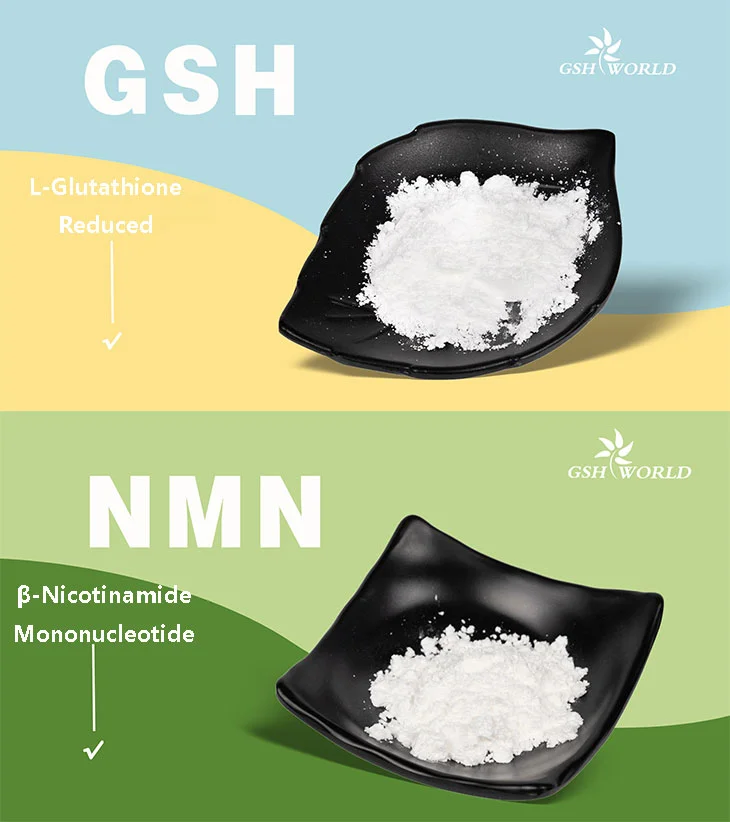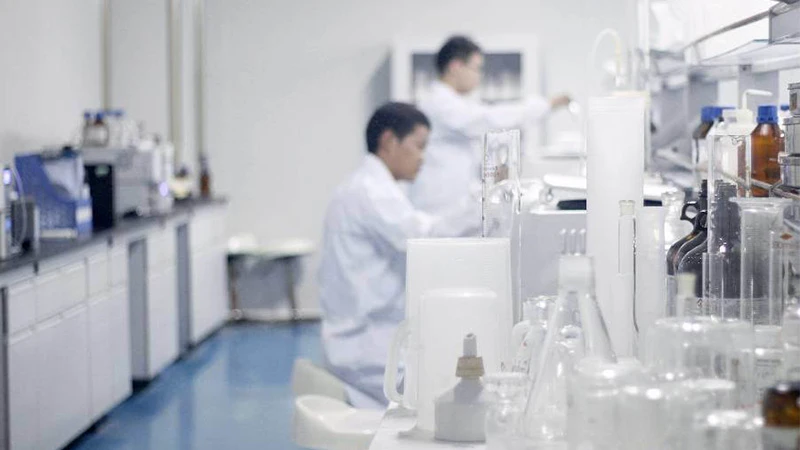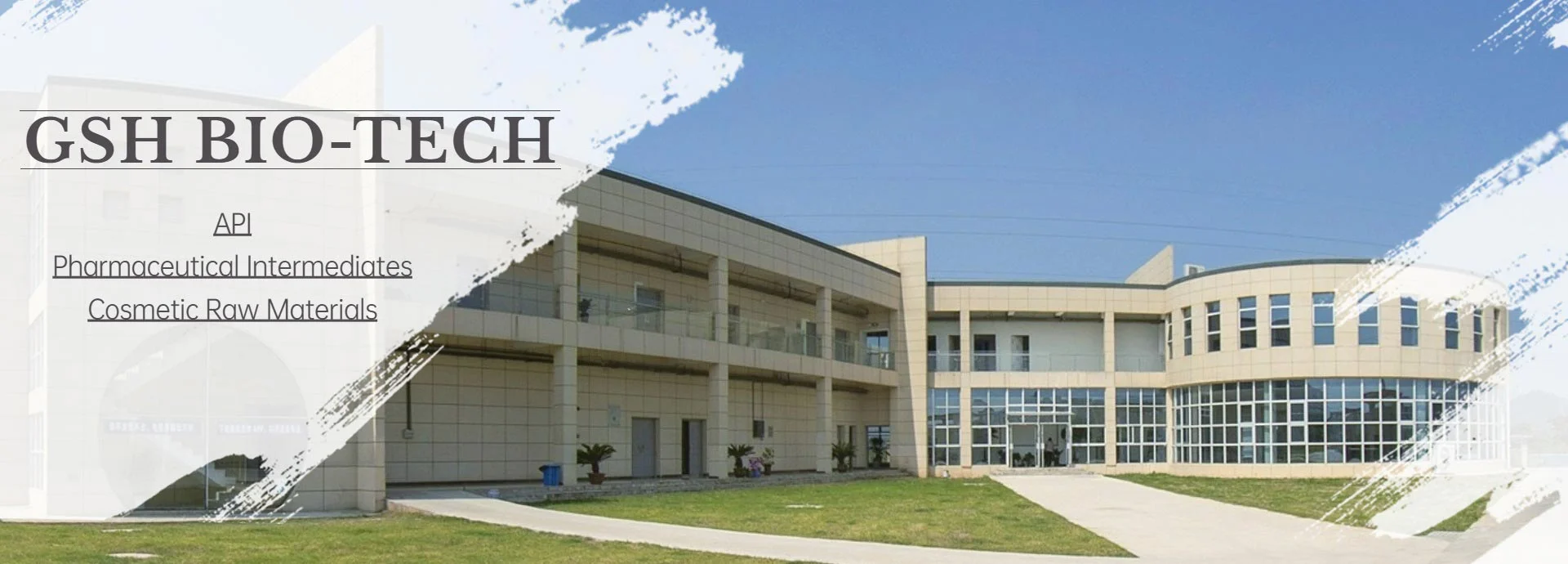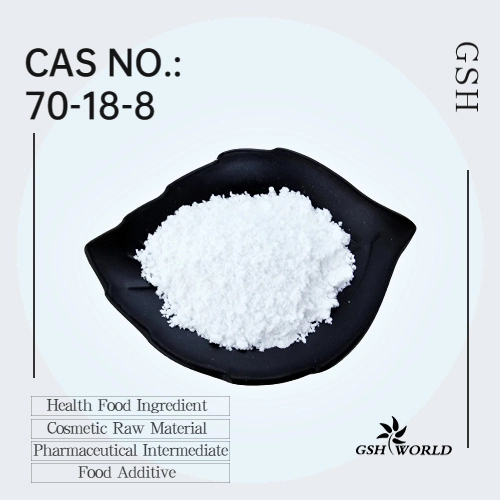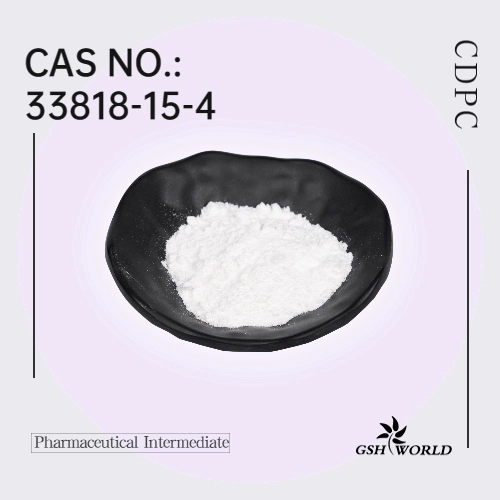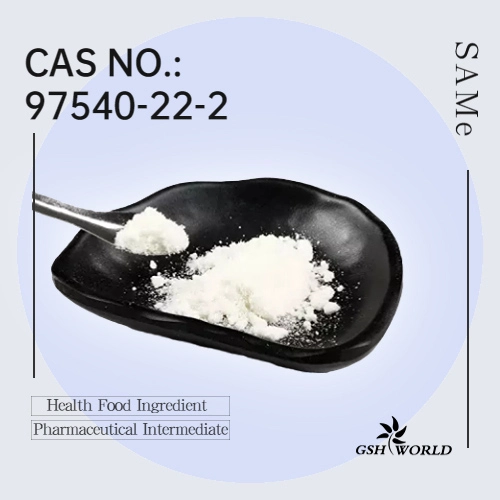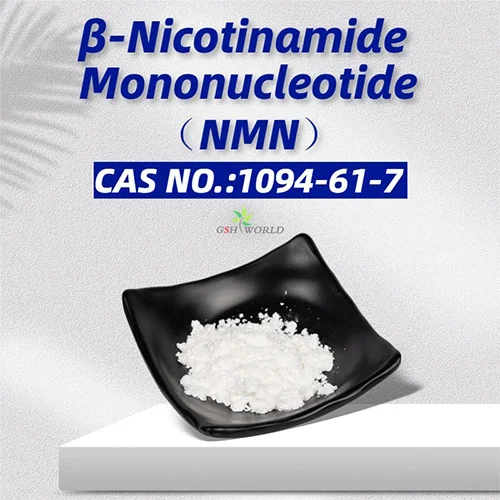The protective effect of citicoline on nerve
Citicoline is a key substance in the biosynthesis of cell membrane structural phospholipids. Many years ago, it was discovered that citicoline has an excellent repairing effect on cell membranes. As phospholipid molecules are key components of all mammalian cell membranes, therapeutics targeting phospholipid conservation and regeneration represent a promising strategy in the field of clinical neurology.
A large number of animal experiments and clinical studies have shown that exogenous citicoline can promote the synthesis of cell membrane phospholipids, acetylcholine, catecholamine and other neurotransmitters, thereby effectively protecting and repairing damaged nerve cell membrane structure, restoring cell membrane function, and stabilizing neurotransmitter levels wait.
At present, citicoline has been widely used in the treatment of ischemic stroke, traumatic brain injury and cognitive impairment, and its therapeutic application in cerebral hemorrhage, Parkinson's disease and glaucoma has also received increasing attention.
Most of the neuroprotective drugs proved to be effective in animal experiments have failed in clinical trials. Various reasons, such as differences in trial conditions, differences in specific clinical situations, evaluation of efficacy parameters, and differences in pharmacokinetic and toxic effects between preclinical and clinical study data, may be used to explain this discrepancy.
As the understanding of the pathogenesis of neurological injury has improved, the concept of neuroprotection has also evolved. In the past, the goal of neuroprotective therapy was to save neurons, which now appears to be incomplete because nerve damage involves glia, blood vessels, and specific cells and tissues, the so-called "neurovascular unit."
Additional findings suggest that inhibition of a single pathogenic mediator appears to have little effect, especially when the mediator is produced and active very early after stroke onset. Therefore, a more reasonable idea should be: inhibiting multiple mechanisms at the same time or acting on a common pathway, or protecting some basic components more specifically, such as cell membranes, may be more effective.
Given the limitations of neuroprotection after nerve injury, future clinical research should focus on increasing neuroplasticity and improving long-term clinical outcomes. While recovery in the first few days after stroke onset is likely due to resolution of edema and/or reperfusion of the ischemic penumbra, recovery thereafter is largely dependent on neuroplasticity. Therefore, the treatment time window may be wider for neurorestorative strategies than for neuroprotection.
Recovery after nerve injury is a complex and dynamic process, and synaptic plasticity is associated with changes in behavior and functional recovery after nerve injury. Increasing the density of dendritic branches and spines is a potential morphological strategy for the reorganization of neuronal circuits in the brain.
Many drugs, such as citicoline, can promote these changes.
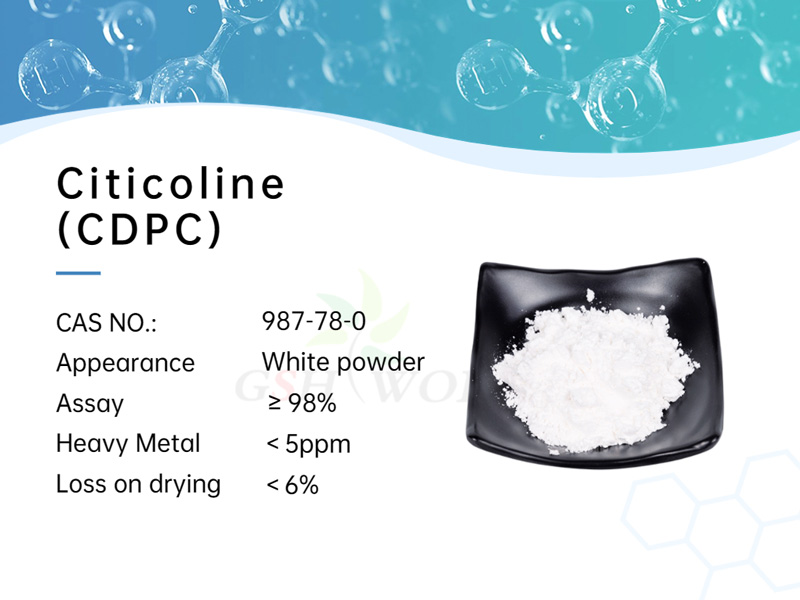
Citicoline can increase the synthesis of neuronal cell membrane phospholipids, and has anti-apoptotic and neuroplastic effects in cerebral ischemia. In addition, citicoline is the only drug confirmed to have neuroprotective and neurorestorative effects in phase III clinical trials. Wide therapeutic time window, sufficient bioavailability, good blood-brain barrier penetration and excellent safety make citicoline a promising neuroprotective and neurorestorative drug.
*Special note - This article is for informational purposes only and cannot replace a doctor's treatment diagnosis and advice. It should not be regarded as a recommendation or proof of efficacy of the medical products involved. If it involves disease diagnosis, treatment, and rehabilitation, please be sure to go to a professional medical institution to seek professional advice.
by GSHWORLD
GSH Bio Tech is China Biological API Manufacturer. China Citicoline Supplements powder suppliers & best Citicoline benefits raw material Factory.


